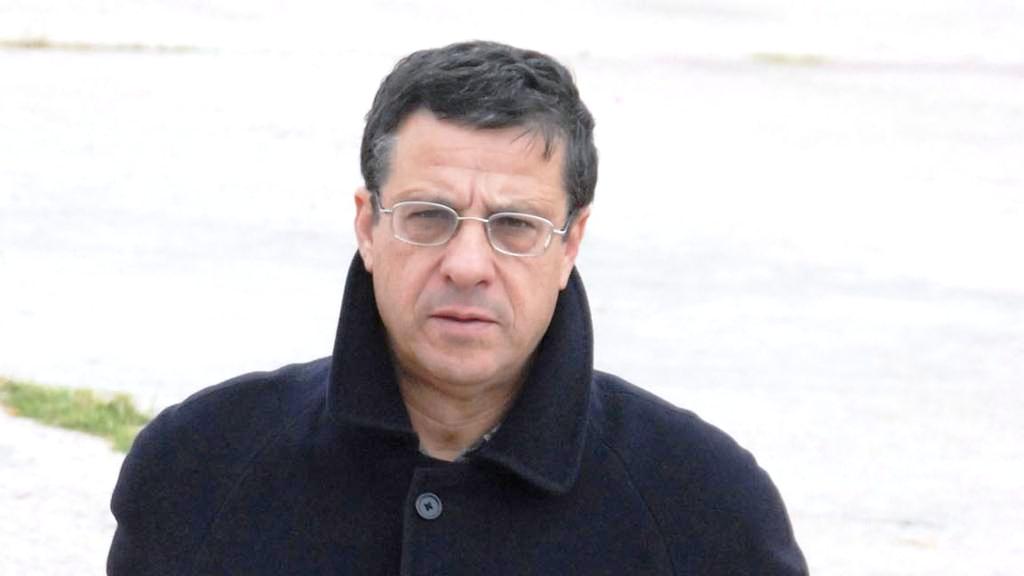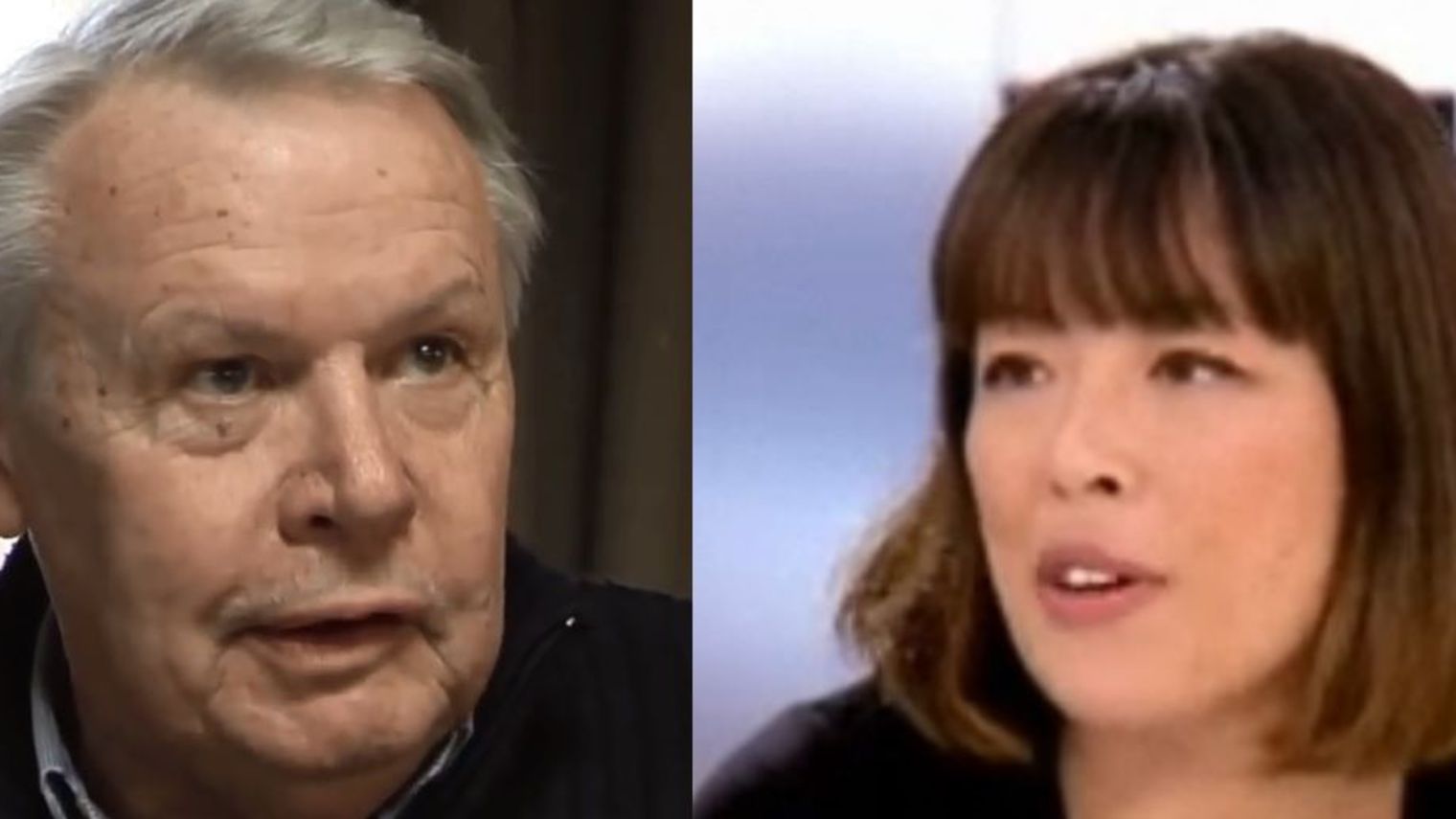Plagued by inertia

This year, Transparency Maroc, the Moroccan branch of Transparency International, celebrates the 20th anniversary of its founding and the 15th anniversary of receiving official approval. What do you see as the organisation's chief accomplishments?
Azzedine Akesbi: For us and the other organisations working on the issue of corruption in Morocco, the most important thing is that people no longer deny that corruption is exists and realise that it is a serious problem affecting the country's development.
At the beginning of 2016, the Moroccan government passed a national plan to combat corruption. Some 18 million euros are to be invested each year until 2025. The declared goal is to improve Morocco's international ranking on the Corruption Perception Index (CPI), along with its business climate. What expectations do you have?
Akesbi: The government is trying by institutional and strategic means to help curb corruption. We deem the measures taken thus far to be not very effective and the current strategy inadequate.
What points are you critical of?
Akesbi: We have had many exchanges at an international level and can offer both the technical knowledge and the necessary personnel to specifically target corruption. And yet hardly anything has changed. When the February 20th Movement took to the streets in 2011, corruption was their central concern. People complained of mismanagement in all areas: justice, education, health. The Islamist ruling party PJD, which got over a quarter of the votes in the 2011 elections, had spotlighted corruption in its campaign. The party has appointed the Prime Minister since 2011. In the meantime, the PJD admits that it has not made any headway against corruption.
Why do the measures fail to have an impact?
Akesbi: True reform must begin at the highest level, among those in power. But there is a lack of political will. According to current rankings and statistics – whether HDI or CPI – the situation in Morocco, rather than improving, has in fact deteriorated.

In 2015, two prominent French journalists made headlines: Catherine Graciet and Eric Laurent admitted that they had accepted hush money of around 2 million euros from the Moroccan royal family to halt the publication of a critical new book. What was the reaction to this affair in Morocco?
Akesbi: Most people were shocked that two prominent journalists would ruin their reputation in this way. They did a lot of damage to the credibility of journalists and independent journalism in Morocco. It was a big deal.
Let's talk about recent developments. The Constitution of 2011 contains some provisions that can shore up the framework for fighting corruption, such as Article 27, which establishes the right of access to information about public affairs.
Akesbi: Yes, that is indeed a step forward, but the framework laws in place up to now seek to restrict this constitutional right. The bill currently before Parliament provides for many exceptions that do not correspond with international standards. As far as I am aware, however, it will be adopted without further changes.
The Constitution of 2011 also sets down that the regions are to be strengthened vis a vis the central government. In the autumn of 2015, so-called regional councils were directly elected for the first time. Do you have the impression that the newly created institutions create more transparency and more room for participation?
Akesbi: Decentralisation is an absolute must, at all levels. But in my opinion the law and the intended implementation mechanisms are not well-conceived. Our model is still very centralised. If the new bodies are really to have their own budgets, then we need to train the officials and put protection mechanisms in place to prevent misuse of public goods. Take the education sector for example: at a public school in Morocco, a headmaster has hardly any say today on the hiring of teachers. Sanctions and disciplinary measures are also a problem. As a result, many teachers simply don't show up to teach. Instead, state-paid teachers give expensive tutoring at home to supplement their salaries. The phenomenon has gotten much worse, particularly in recent years. There are also high losses in the education sector due to corruption in purchasing and infrastructure measures. We basically need to institute mechanisms that allow the stakeholders at all levels to participate, but also require them to take responsibility.
On 7 October 2016, Moroccans will be called on to elect a new parliament. What are you expecting? A change in the political landscape or at least new momentum?
Akesbi: Of the 23 million Moroccans eligible to vote, 13 million are registered. Of these, around 5 million will actually cast a ballot and some 1.5 million will likely abstain. The people can therefore not really be mobilised for a change. Given these numbers and in view of the current structure of the institutions, I am sceptical that there will be any fundamental changes.
Why aren't those eligible to vote in Morocco automatically registered?
Akesbi: That would be possible. But even if the Ministry of the Interior were to automatically register all eligible voters, a very high percentage of them would still abstain or wouldn't go to the polls at all. They don't bother to come out and vote because they don't believe that their voices can put a system in power that meets their expectations.
Interview conducted by Martina Sabra
© Qantara.de 2016
Translated from the German by Jennifer Taylor
